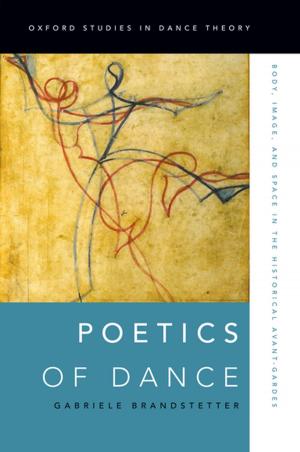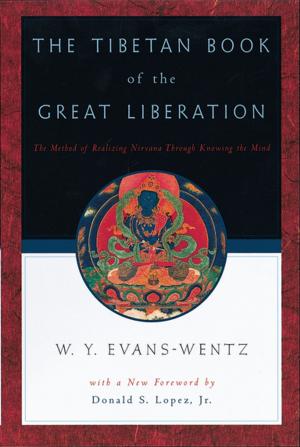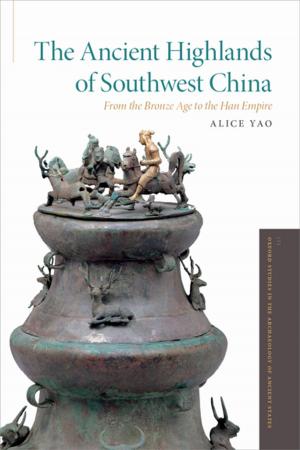The World's Richest Indian
The Scandal over Jackson Barnett's Oil Fortune
Nonfiction, Reference & Language, Law, Arbitration, Negotiation, & Mediation, History, Americas, United States, 19th Century| Author: | Tanis C. Thorne | ISBN: | 9780199883066 |
| Publisher: | Oxford University Press | Publication: | October 9, 2003 |
| Imprint: | Oxford University Press | Language: | English |
| Author: | Tanis C. Thorne |
| ISBN: | 9780199883066 |
| Publisher: | Oxford University Press |
| Publication: | October 9, 2003 |
| Imprint: | Oxford University Press |
| Language: | English |
The first biography of Jackson Barnett, who gained unexpected wealth from oil found on his property. This book explores how control of his fortune was violently contested by his guardian, the state of Oklahoma, the Baptist Church, the Bureau of Indian Affairs, and an adventuress who kidnapped and married him. Coming into national prominence as a case of Bureau of Indian Affairs mismanagement of Indian property, the litigation over Barnett's wealth lasted two decades and stimulated Congress to make long-overdue reforms in its policies towards Indians. Highlighting the paradoxical role played by the federal government as both purported protector and pilferer of Indian money, and replete with many of the major agents in twentieth-century Native American history, this remarkable story is not only captivating in its own right but highly symbolic of America's diseased and corrupt national Indian policy. The World's Richest Indian was the winner of the Sierra Prize of the Western Association of Women Historians.
The first biography of Jackson Barnett, who gained unexpected wealth from oil found on his property. This book explores how control of his fortune was violently contested by his guardian, the state of Oklahoma, the Baptist Church, the Bureau of Indian Affairs, and an adventuress who kidnapped and married him. Coming into national prominence as a case of Bureau of Indian Affairs mismanagement of Indian property, the litigation over Barnett's wealth lasted two decades and stimulated Congress to make long-overdue reforms in its policies towards Indians. Highlighting the paradoxical role played by the federal government as both purported protector and pilferer of Indian money, and replete with many of the major agents in twentieth-century Native American history, this remarkable story is not only captivating in its own right but highly symbolic of America's diseased and corrupt national Indian policy. The World's Richest Indian was the winner of the Sierra Prize of the Western Association of Women Historians.















